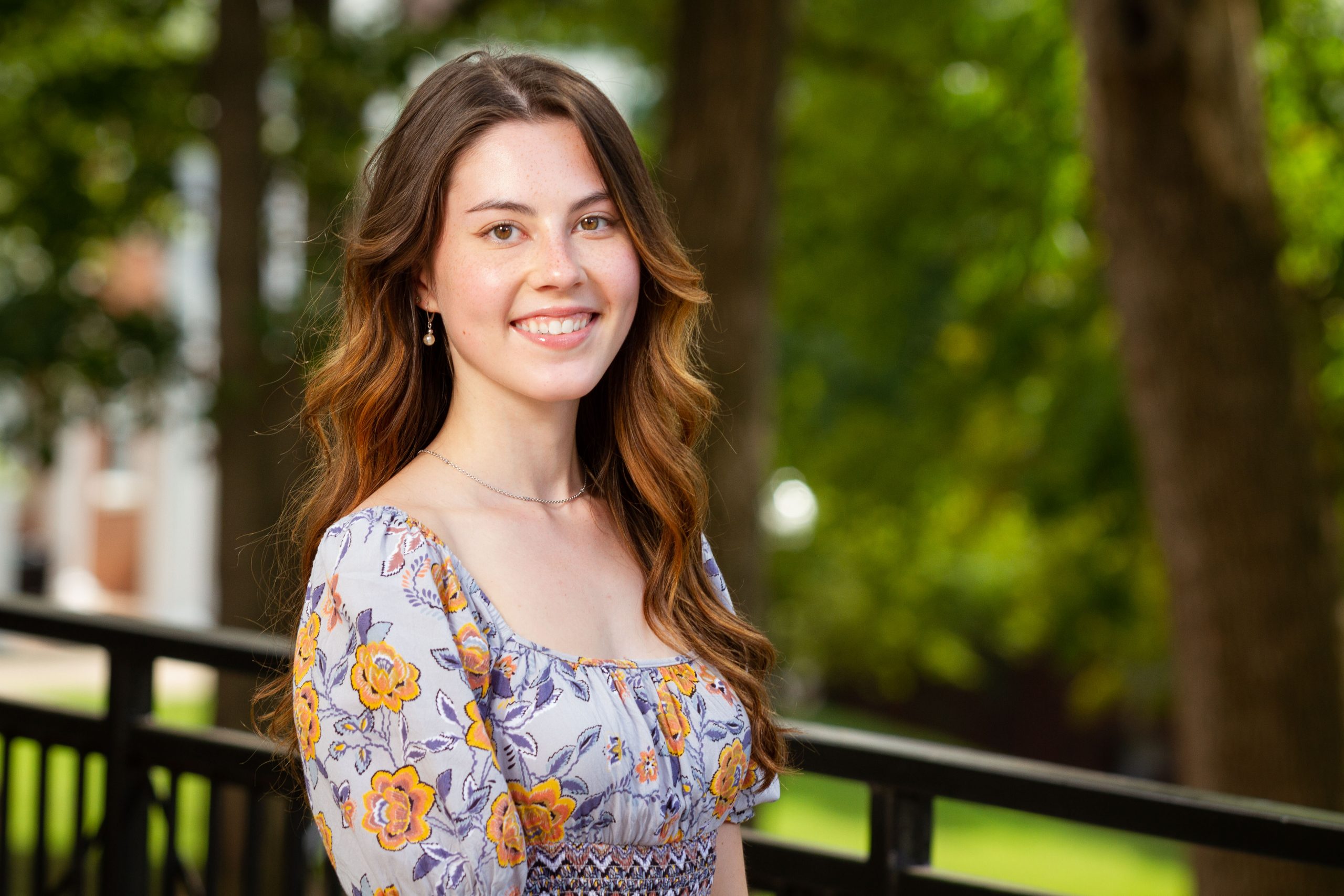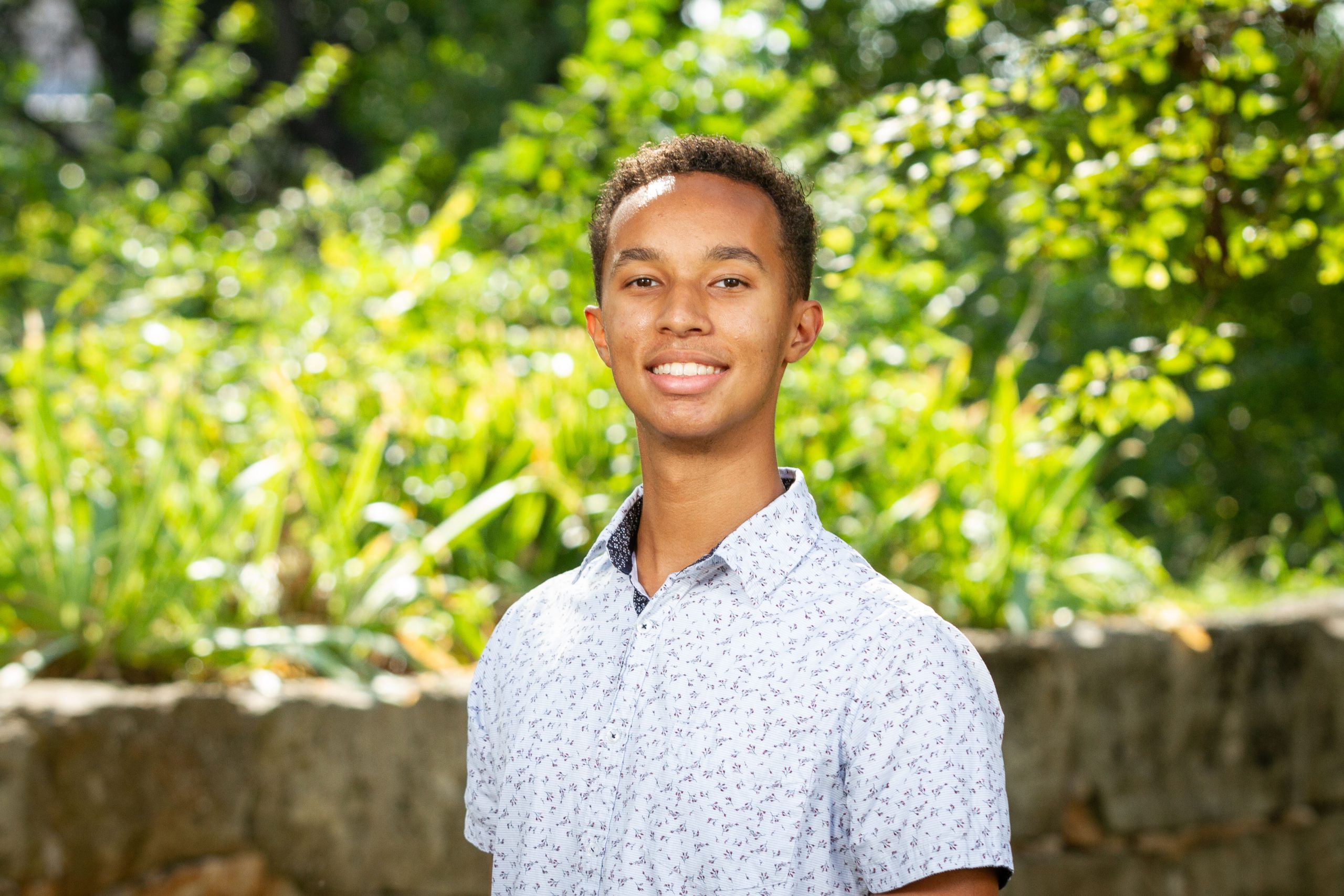5Q: Rebecca Brown Monitors Blazars with WKU Department of Physics and Astronomy
July 26, 2011 | 5Q, News, People, Research, Students, Summer, WKU | No Comments

Since 2010, the Gatton Academy has offered students the ability to pursue summer research experiences through the Gatton Research Internships Grants (RIG) program. Made possible through the generous support of Mr. Carol Martin “Bill” Gatton, the program offers competitive grants to Gatton Academy students between their junior and senior years to support summertime research internships across the Commonwealth and the world. By providing a funding mechanism, the program directly creates new avenues for growth and exploration. Throughout the summer, we’ll share insights from students who are the recipients of our 2011 grants.
Rebecca Brown (’12) of Boston, KY is spending part of her summer working with Dr. Michael Carini of the WKU Department of Physics and Astronomy studying Optical Monitoring of TeV Candidate Blazars.
1. What does research mean to you as a young person interested in STEM?
To me, research is being able to produce new data. By doing research, you’re contributing something new to the scientific community.
2. Tell us a little about the research experience in which you are participating this summer that the Research Internship Grant is funding.
My research is in astronomy/astrophysics. I’m staying on WKU campus for five weeks continuing the research I started last semester. From 9 to 5 on weekdays, I work in the Physics and Astronomy Department reducing data from images of blazars taken from the Kitt Peak telescope in Arizona. The data I’m collecting is a measurement of the blazars’ magnitude, or brightness, which in turn indicates whether or not it’s actively consuming matter.
3. Will you be using this research experience as a launching point for any particular applications, competitions, or scholarships?
As part of the internship, I have to write a research paper. This paper closely follows those for Siemens competition entries, so I hope to use a polished version of the research paper to enter.
4. How does this research experience or internship fit into your educational and professional goals?
In the short-term, it allows me to catch up on the backlog of data the tends to accumulate with the pictures I’m working with by allowing me more consistent time to research. In the long-term, it gives me experience which will help me attain my career goals (astrophysicist and professor). In addition it ensures that I actually know what I’m getting into with my field, and won’t end up backing out halfway through a degree.
5. What do you aspire to achieve in the next ten years?
I’d like to attend a reputable college with a good astronomy department and eventually work my way up to a Ph.D. I would continue research along the way.


